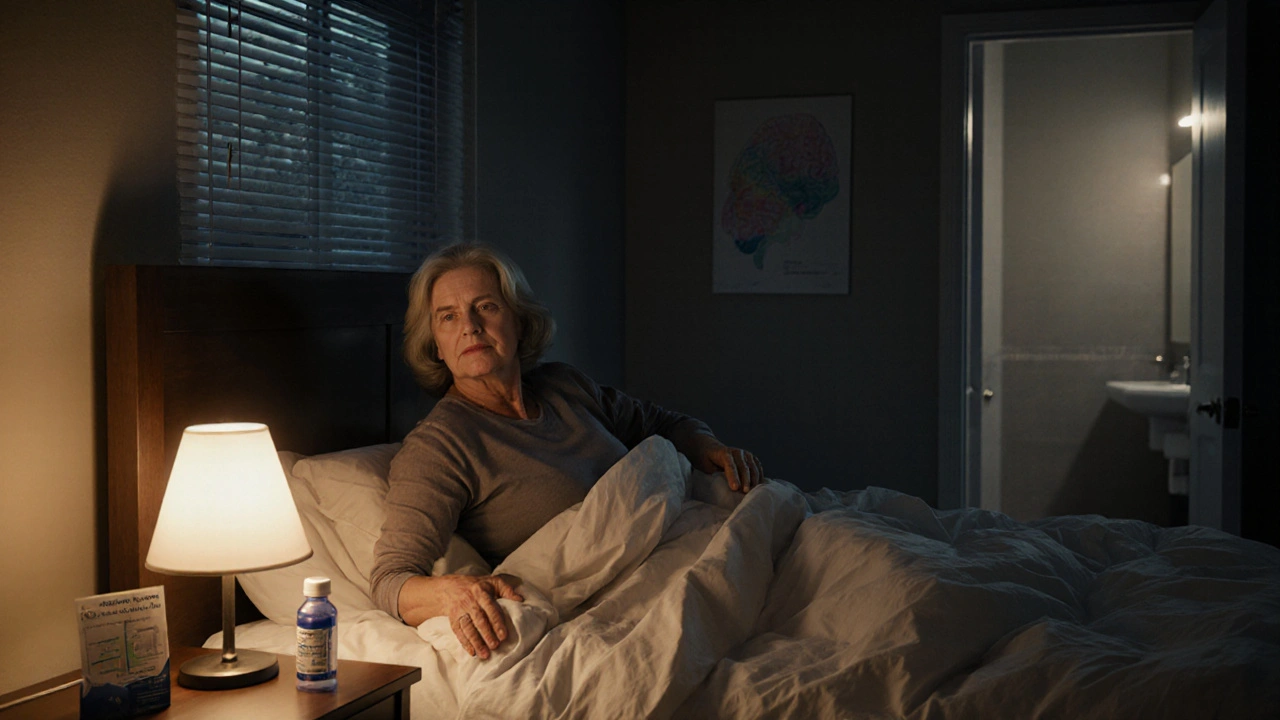Traumatic Brain Injury: Causes, Symptoms, and Care
When dealing with Traumatic Brain Injury, a sudden injury to the brain caused by an external force such as a fall, car crash, or sports blow. Also called TBI, it can range from a mild concussion to severe bleeding. Controlling brain edema and planning neurorehabilitation are essential for recovery, and many patients need seizure management to avoid post‑injury epilepsy.
Key Facts You Should Know
Traumatic Brain Injury often follows a rapid impact, so time is critical. Emergency responders look for loss of consciousness, vomiting, or unequal pupils—signs that may prompt an immediate CT scan. The CT scan detects acute bleeding, while an MRI reveals diffuse axonal injury and hidden swelling. These imaging tools enable doctors to decide whether surgery, medication, or observation is needed. Common symptoms include headache, confusion, memory gaps, and balance problems; if they persist, a specialist may order neuropsychological testing to assess cognitive deficits.
Once the acute phase is under control, the focus shifts to long‑term care. Physical therapy helps restore strength and coordination, while occupational therapy trains patients to handle everyday tasks safely. Cognitive therapy targets attention and memory problems that often linger after a concussion. Anticonvulsant drugs such as lamotrigine or gabapentin are frequently prescribed to prevent seizures, linking back to our earlier point about seizure management. Support groups and counseling also play a big role, because mood swings and depression are common after a brain injury. By combining medication, rehab, and psychosocial support, most people can regain independence and improve quality of life.
Below you’ll find a curated set of articles that dive deeper into each of these areas—whether you’re looking for symptom checklists, medication guides, or step‑by‑step rehab tips. Use the resources to build a personalized plan and stay ahead of potential complications.

How Head Injuries Lead to Nocturia: Causes, Diagnosis, and Management
Explore why head injuries often cause nighttime urination, how to diagnose the link, and practical steps to manage nocturia after a brain injury.
